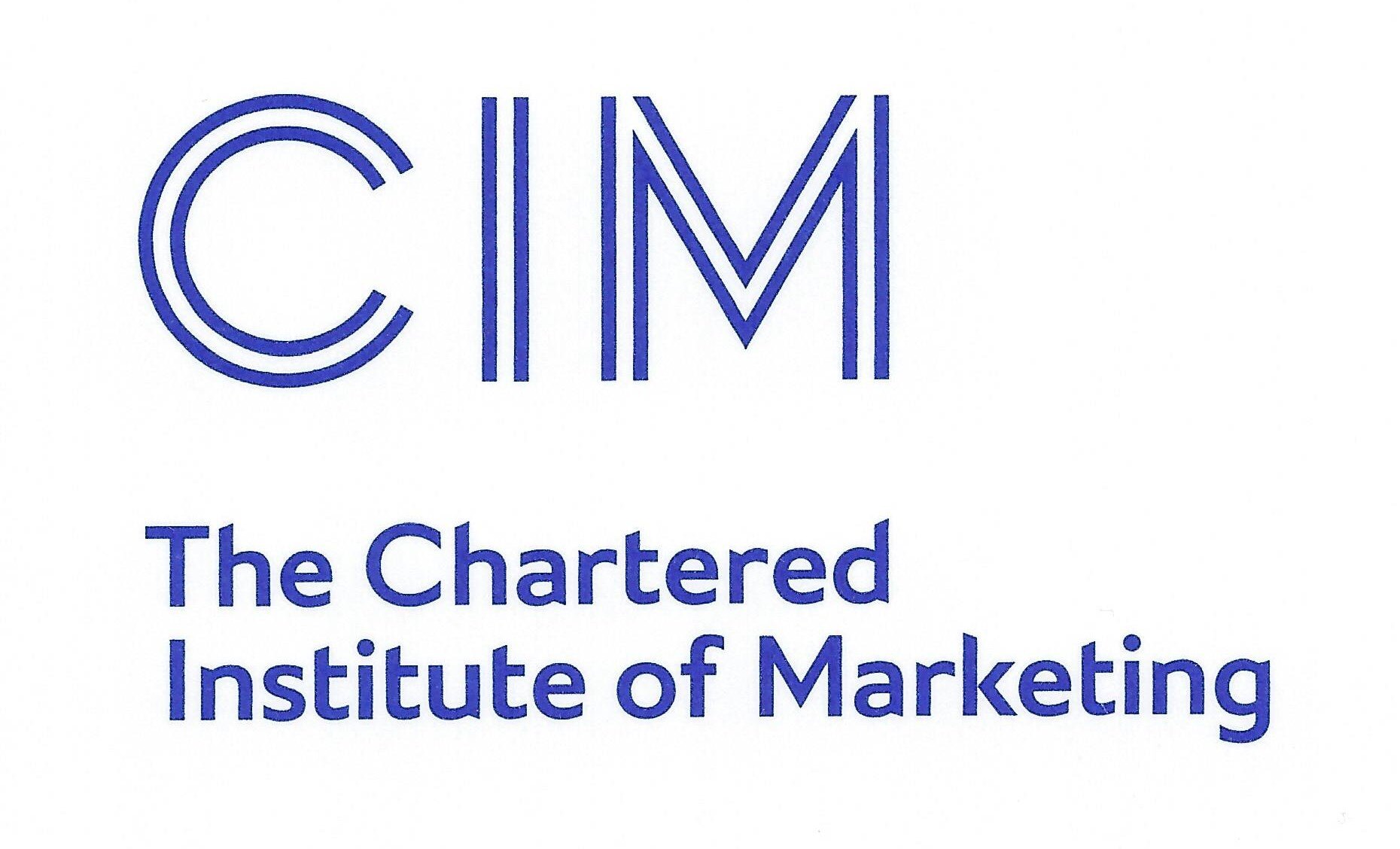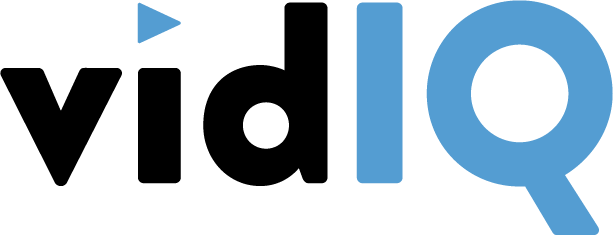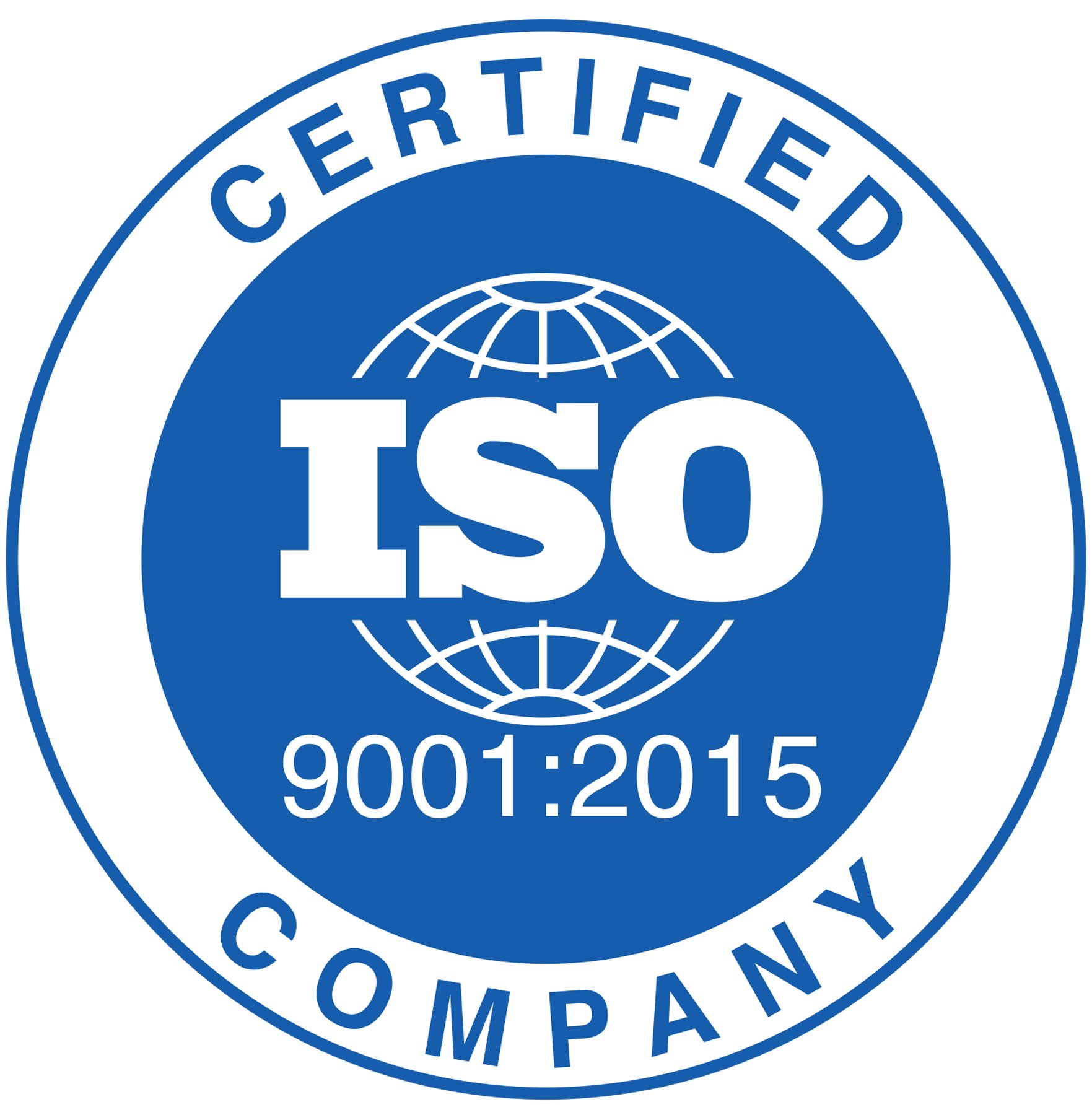HELLO EVERYONE! WELCOME TO ANOTHER EPISODE OF THE MARKETING INNOVATION PODCAST SHOW!
TODAY’S GUESTS
In this episode, we have invited Tim Bond, Founder and CEO of Network Sunday and Tech Pros.io, with 25 years of experience in building international recruitment, outsourcing and Marketing Businesses, and Scott Pearson, Head of Business Development for the same two companies. With 6 years of experience working in client services and sales at eCommerce, data analytics and B2B marketing organisation, Scott’s focus is on building relationships with senior marketing professionals in IT, technology and services to bring awareness to Network Sunday’s fully managed Enterprise ABM Market Engagement Solutions.
TechPros.io is a media platform for senior businesses and technology professionals to share insights and learn from their peers on topics covering industry disruption, technology advancement and macro factors, such as regulation and pandemics.
The subject for today is Content Marketing in the context of B2B Marketing and Thought Leadership.
If you want to listen to this episode instead of reading about it, choose your favourite platform:
You can also watch the episode on YouTube:
LET’S GET STARTED!
Andrei: A very good subject to start the discussion would be to tell people a little bit more about how you guys work in this industry and your approach to thought leadership. I thought this was a very interesting approach and unique in the market at the moment. Scott and I have already interacted in the past, working on a marketing report on sold leadership trends. So, yeah! Tim, Scott, what's your approach on thought leadership and B2B Marketing in general through content?
Tim: So, I hate when it comes to this traditional B2B Marketing. I am thinking so specifically demand generation or lead generation. The last sort of 4 - 6 years have been focused around sort of direct emailing, LinkedIn messaging, obviously before that cold calling. And whilst done well, and when we talk about done well, we talk about multi-channel, well-written messages and clear value propositions and call to action, etc. These strategies can work well.
What we started experimenting almost three years ago now, was a completely different approach really sort of turning the whole online marketing strategy on its head, which is rather than going out to a cold prospect with a kind of an offer of a message, a description of your solution, your service or your benefits. It's of turning on its head and make an offer of value and the offer of value being an invitation to participate in a leadership program namely an interview for a specific publication that typically could be an e-book or a podcast. We are interested in finding very quickly that actually a much higher proportion of people who were willing to engage in that discussion because rather than leading with a sale proposition, you are leading with an offer of value. That value being learned for your peer group and will challenge your own thinking in a way by being, of course, Andrei you've been through this process and would be interesting to hear your view on it but you know, it's a bit like counseling - when you go to the doctor or you going to see a therapist perhaps they ask you a number of question and it really makes you think and it's because you have a really good feeling from it. As a result of that what we noticed was individuals were clearly the might be some potential for further dialogue and potentially that could evolve into a sales conversation perhaps, but maybe not. The individuals who participated were either happy to continue a conversation, or offer a referral. And so we realized pretty early on that actually this strategy is a very effective approach that marketers can take in order to establish traction and build new relationships.
Andrei: Now focusing a bit towards your recent study that you have done for yourself as Network Sunday and then also for Tech Pros.io, I think that maybe here we could discuss a bit more with Scott, because I know that he was involved with organizing the interviews with thought leaders most of them were marketing professionals in C level roles. The subject of the report was on leadership as a very powerful lead generation and marketing tool. What were some insights that you found from that report that you think were either unexpected or were repeated many times through the conversations that you had? What's kind of the state of the market at the moment. What's your feel for it?
Scott: I think you know there are a few lessons that we learned and some of the insights from the contributors were along the same lines. They were very much similar to one another and the challenges and trends we noticed. I think when creating thought leadership we're looking for something that you can create collaboratively as important very much adds value to the audience. I think it's not always about relying on voices from inside your own organization. It's about working with your customers, your partners, and picking out thought leaders within those industries and having a large sample group you know to bring the data to life and of course make the content marketing more valuable and engaging. I think also is just another point is not to confuse thought leadership with a sort of product marketing. Looking at the top of the sales funnel, content should be weighed towards thought leadership. It's about educating your buyers and now necessarily pushing product features or service offers onto them.
Andrei: Okay, now going into content marketing as a broader subject area. Through the businesses that we interviewed, what were the most common forms of content that they were using for promoting their business in a B2B context? What seems to work best so far?
Scott: I think few different forms of content looking at this sort of B2B space, where we were permanently speaking with IT services technology and software organizations, I think they're very much about adding sort of credibility and proof to what they're doing, so looking at things like case studies and videos where their clients are speaking, I think third party content as well so where they're being referenced in press releases and things like that. I think, generally speaking those would be the most popular forms of content that marketers are using.
Tim: Jump in there and I think I'll be honest, Andrei, It's been a while since I read an e-book. But what I do remember, we had a number of meetings with people following our work. I do remember some of the confusions from the study and I think it was clear to me that there were quite a lot of variations across the interviewees and these were CMOS. They all had slightly different variations on what worked and if some of them would be very specific, that you know you should have different types of contents depending on who your audience is so a CEO for example who might be time poor, might like short five-minute videos whereas other professionals who have more time might want a long ebook. I think what came out of it as well is that the more you can dive sort of diversity in terms of channels like so videos, podcasts, as much as variation possible and to get that information, that content is far and as widely as possible. Now that's what the game's about.
Andrei: Very good point. Do you think that people diversify their online content enough at the moment? Or no! Actually, even a better question would be: Do you think people recycle their content enough as much as they could? So, for example, if they have a video testimonial, do you feel most people also do a written form of it and also push it thorough email marketing or stuff like that, or you feel people are still in ETD producing only that one form of content.
Tim: I think that it's like anything in life, isn't it? We all have our ideals and our targets and kind of we all know what we need to be doing, but the reality is: there are a number of constraints that get in the way in terms of time and budget. So nothing it's certainly from our perspective. Tech Pros, which is our content brand, we are producing mostly ebooks. Now, from those ebooks there are so many insights and so much that can be done for clients. But again, it's simply going down to time and money. But I think where there is time and money available yes, definitely, I've seen some of our clients and I have seen some of great examples of creating a few like the ebook is a big rock. I think it is historically in the term that's been used in content marketing to then break it down into, for example: LinkedIn articles. There's so much opportunity and I think if I just answer your question specifically, no, I don't think marketers are doing enough to kind of get that content out there. I don't think they're breaking it down enough as much they could be, but again, for every good reason rather than the fact that they realize it's what they need to be doing it's just then constraints of time and money. Probably the biggest challenge that people face.
Andrei: Gotcha! Guys listening to us would be very curious to find your context and to find out more about where you are with your content marketing strategy. Did you do it already, do you plan to do it, was anything standing in the way of you doing it? So would be very happy to hear your thoughts, your questions, and also if you have any direct questions that you might want to address to Tim or Scott, feel free to do it.
So now, obviously we all been through COVID time which was very unexpected and interesting for everybody, from different perspectives. Now, what we found in our digital marketing agency, working with different clients both B2B and B2C, was that marketing channels started to behave differently from the way that they were behaving or the result that was typically for better or for worse. How do you feel content marketing might be different after? I mean, in this period of time, but also after people start to get to some sort of normality.
Scott: I think during this time it's about listening to your costumers. Messages that are empathetical are the ones that I think are going to be resonating during this pandemic. A lot of clients and costumers will be faced with many challenges during this time. But it's at a personal level and within their organization so I think it's about listening to them and hearing what they are saying. In terms of hearts currently sort of navigate this situation, it's about companies really moving quickly and adopting in digital channels. Just as an example within the travel and hospitality sector we've seen cancellation and postponements of many industry-related events so it's about bringing those events online and engaging prospects through tools, online videos, and on the phone. I think furthermore, it's about keeping those relationships going with people and continuing to listen to what they have to say and help them.
Andrei: Very, very good. Let's take this scenario because I think many of our listeners would be in this context which would be: they have been doing some content marketing, they know about the concept of content marketing, maybe they tried to do some blogs, they had a strategy of blogging so far. For somebody that kind of had content marketing strategy before, was trying to produce some thought leadership pieces but this was never the focus. What would you recommend they do in this context to get almost an unfair advantage against their competition by implementing a good content marketing? What are some things that you think are really really important today and that people might not do enough of?
Tim: Good question! I think the first thing that this is about is that this is going to be offering value whereas a good content is valuable and that means it's information that people can read digest, they can't easily find elsewhere because there's nothing worse than you're reading an article or an ebook or something but it's just repeating what the marketer already knows. So I think that's sort of the step number one. So then you have to ask for what is the value that can be written about, or that can be published, presented, etc. And I think that goes down to the specific niche knowledge of that particular entrepreneur or that small business owner. There's likely to be a lot of knowledge out there in the ether out there in the market, that can bolster the knowledge that the individual or that company already has. What is successful is identifying people within the network's, within the LinkedIn networks who might have interests in some of the journey, who wouldn’t mind participating in the creation of that content. And that could be through an example like this, for instance, a podcast or an interview for another content piece, by bringing together multiple minds. You are able to bring a far far more powerful piece of content when you fulfill crowdsourced insights. You put together something that really does stand out, like different dimensions to it, rather than different paths of a company or person. Which might be great, but it lacks that extra rage.
Andrei: Yeah, and also one thing that I notice after you guys have published in the example of the thought leadership report. Because you had so many participants it was ok if you were promoting it by yourself, but you got everyone to promote it in social media, basically on your behalf because you were the one producing it, but also on their behalf because they were directly involved with you, so they had an interest in positioning themselves as authorities within their networks. So it was putting them in a good position, it was putting you, as a company, in a good position, ultimately because you were the organizer of everything that happened around it. What was the actual result? Could you share with us some parts of this success story?
Tim: Definitely! Just before we get into numbers, I think it's a really good point that you make. Of course, LinkedIn now has become a content platform and obviously, it has evolved into a really powerful platform for salespeople, for marketers, as well for recruiters. What’s great about it is pretty much everyone has got a profile and is engaging on the platform now whereas it was never the case in the old days. If you have involved other people, other professionals in the creation of content, while acknowledging their contributions. But obviously, at the same time, it’s meant to promote the content piece. If we have let’s say a dozen people participated in this thought leadership, and each of them shares the acknowledgement which of course has a link to the ebook or to the podcast. Potentially you're reaching hundreds of thousands of people through to their first degree network. So, it's a really good point you raise and I think it goes into the source of digital marketing strategy around LinkedIn specifically, and this is a big thing for us and it's something that we're really building and developing with our kind of Tech Pros publications. Scott, in terms of maybe your probably best to share some of the results from where we've got so far with that particular content piece that Andrei was involved in, which is the thought leadership marketing.
Scott: We interviewed in the region of 50 senior marketing professionals and we interviewed them over a half an hour phone call and we were some questions that were very much geared towards adding insights to our publication. The intention for us was to go in and meet with some of these professionals that propose the challenge that we could potentially help them with, so out of the 50 I met with about half of them and we've had some really good traction from those relationships and they were looking to work with a couple of them and of course, the pandemic has presented a few challenges currently with budgets and things like that but we're looking into continuing building those relationships and working with him in the near future. Just another sort of side note. What's interesting is we've kind of built a network amongst participants. In fact, two individuals that took part, actually had a separate meeting on their own where they met face to face because they thought that they could potentially partner up. There's quite exciting from our side to see that we were able to build a network and get people engaged with one another in a face-to-face human interaction as well.
Tim: I think it just to answers that as well is that know that the year before last, we produced another content piece on sort of the future of marketing process effectively that I can't fame. We've got three sales out of that and referrals from that as well, so we know from an ROI perspective it's not just about views and shares and I know it does actually exult in real revenue and obviously that's what marks.
Andrei: Very good point on a very nice transition because I want you to touch on this subject. What do you think are some good ways of tracking the performance or of proving the ROI of a content piece. What are some of the most common ways or not to track this? Because, as you mentioned, many marketing professionals mainly if they are very data-driven, they would look directly at the ROI or how that translates into meeting booked sales.
Tim: Yeah, no - I mean at all for the marketers particularly clients, budget holders, investors, that's what they're interested. They want to see know what bang for the buck they're gonna get. And I think it's absolutely right to be able to measure every kind of marketing investment. I think the challenge slightly around thought leadership is that it is around market awareness and I think if you have a program such as a Network Sunday. But we are very focused around sort of integrating content creation with kind of lead generation, so we've got a very focused strategy on moving it into a sales meeting and then helping our clients move those sales meetings into incidence revenue. But I think a lot of the time the reasons perhaps such a focus from a marketing perspective on actual sales meeting that our directly related to the content and that companies have content budget effectively. For sure, they're using tools such as Marketo and HubSpot, CRM and obviously there are a number of others. to particular using gates or if they're able to track viewers, of the content then that is one way of kind of if you like, tracking whether the content itself has got a sort of meaningful relationship to the actual sale that may or may not happen in the future so I think that is very important and but I think at the same time this is about brand awareness and the more you can get quality content shared within the metal into networks, the more you can provide salespeople with just that extra bit of quality and credibility to help them in there are conversations. Unless you've actually gone down so that's the level of asking specific buyers. How much did our contents influence your decision to buy? I think it's very difficult to really put a mark on as a return investment for thought leadership content.
Andrei: And also here it just sparked in me the memory of something that I remember I didn't do enough of maybe when starting on his content marketing journey and I'd like to bring it to the front to know maybe the listeners that didn't do it before anyone starts out. I think it's very important to, first of all, think about content marketing and thought leadership as part of your marketing mix as a whole so not just count on it for generally generating leads, obviously integrating it with other things that you might be doing. And also, look into the attribution because if you do have a CRM and if you fo have a very well-thought email marketing system with top of the tunnel and converting that into marketing qualified sales qualities leads, etc. Then for sure you'll be able within a pretty short amount of time see the difference between from when you were doing, to when started doing it. Because again, it's very hard to put a finger or like to point out exactly the percentage of how much brand awareness do we have this month, compared to last month but at the same time if you look at the broader picture and you have in place all the tools and all those tactics that you need to track your performance inbound performance, as well as you maybe get feedback from the sales guys when they talk to your customers on the phone three months from now after have stared to already to those pieces it's for sure that they probably will have heard about your brand already if you do the things I get it.
Tim: I just wanted to come in along with one thing and if you have the benefit of your listeners so there are now some really fantastic platforms out there that can really help not only market your content but also make it more sticky so keep your readers reading content longer, but as well as that also measuring how much time they're spending per page, obviously how many unique visitors and all of this. Is bit almost like a micro-website. So, one to the platform that is full of enterprises is Turtl.co. I think we're where the markets moving now, is to use these really cool tools and you can even do that some of the software allows you to kind of but know pop-up poll questions, to almost like engage the reader with the actual content and then you have like a poll. But obviously as well as that you can use gating or not use gating. There are lots of different ways you can engage the audience with the content so that's definitely a tip for your listeners if they're going down this route in terms of producing written content like ebooks or articles using a platform like that, you can link into LinkedIn company pages or profiles but also into your website and much more kind of fun, in much better ways of communication content and putting a PDF file.
Andrei: And also I think it looks much better, I've been tracking with Turtl.co a lot and I think that way of publishing content is indeed a plus to the content and to the brand itself. I think as we get to the close of the episode and to the wrap-up, one thing that we always try to do is draw some action points for the audience so that information without action just stays information or gets forgotten. So what we want them to do, is to be able to listen to this episode and then do something significant for their business. If we were to think about what we have discussed from this perspective, so some actionable points that can be if not fully implemented, at least to get the ball rolling towards them. What would be free takeaways that you feel are the most important for people to pack and to go and implement into business or to explore their business?
Scott: I've got some views on this. I think it starts with a sort of at the very beginning they're having a defined framework or for the process that you're looking to implement. It's about collaborating with your colleagues as well as your target audience that you're going after and very much setting a roadmap of the type of content journey that you'd like to go on. And then I think it's also, on the other side further down it's about sort of experimenting with what works and what doesn't. So they think to alluded to it earlier there's not a specific form of content that is going to work with amongst all audiences about seeing what work looking at the data, experimenting with white paper videos, infographics those things. And I think the last points about marketing content out there, is using all the channels that are available to you and what I sort of really learned is what works is having personalized messages towards individuals. So if I am going to be sharing a really piece a really nice piece of content with a C level, it's taking the time to write to them, look at their LinkedIn profile, understanding what they might be doing currently, what articles or activity that they're sharing on their feed and then writing a message that you think will resonate them and capture their attention that they can get if their eyes on the content.
Andrei: Very good insight! Team, would you have any other maybe add on to this, like a little hack or something that you think might work well?
Tim: I think the first thing to do is budget. Be realistic about how much money you've got spares to spend on it first of all because they, of course, is going to drive. What you can do or what you can't do. I think once you figure that one out, the next important thing is to figure out what is right there, that it gonna interest your audience. If your listeners look at Tech Pros, what they will see is that there's a number of thought leadership themes that are coming in all around the impact of course of COVID 19 . And that there's a huge amount of uncertainty out there in the market and there's also the opportunity so companies are pivoting best business models they're reimagining new mark marketplaces and environments. And as a result of that that this is what people out there are interested in right here and right now. The world is changing all the time so I think that this just because you, as an entrepreneur or business, you're specifically interested in something you're really excited about, don't let that blind you to what your market wants. Be really clear on that and ask people and getting other people involved not just in terms of getting insights for your content, but also in planning your insight. If I was to finalize, it is important that you see the value coming back, not the value obviously for your clients but also if you're providing a service as we do, but more importantly as an organization making an investment being known yourself, is to make sure that there you are measuring the impact that this investment is having for your business and obviously if it's working, then you want to replicate it on a scale it and do as much as possible.
Andrei: Very good! Thanks a lot! So right now we have the takeaways, a wealth of knowledge.
Thanks again for being with us and for taking the time and for the wealth of knowledge that you brought to the table.
We hope you enjoyed this podcast episode preview, even as a blog post! Make sure to listen to the full episode:
Watch this episode on YouTube.
Get in touch with tim bond
get in touch with scott pearson






















